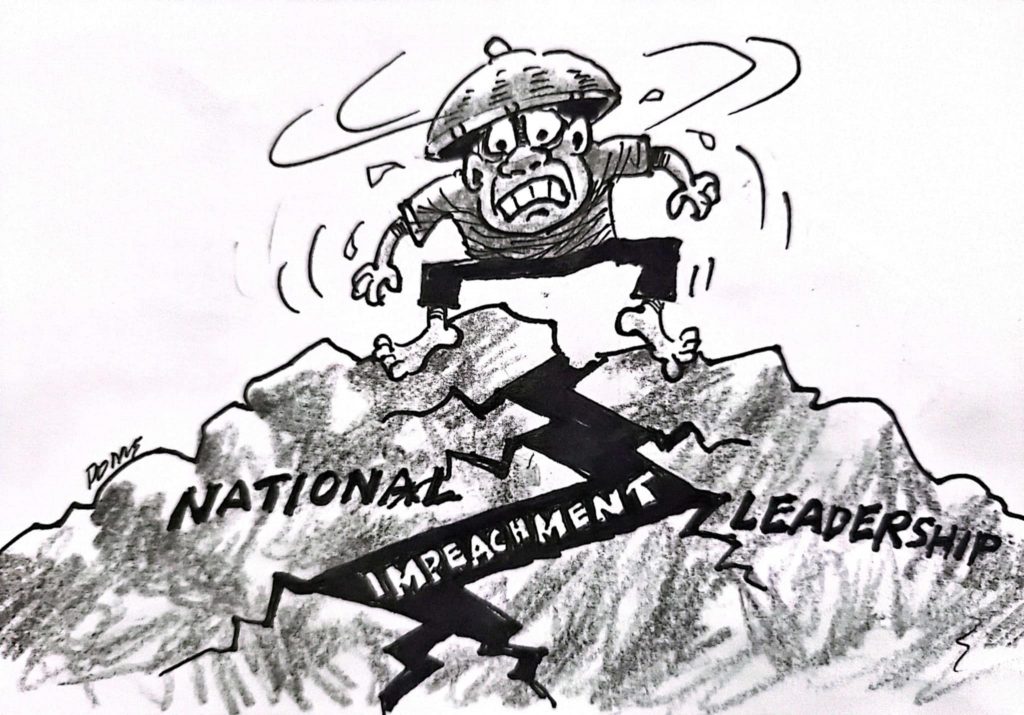The country is in the throes of political turmoil, now that the impeachment of the vice president has become a polarizing spectacle. Such an opportunistic and divisive move can only deepen the already fragile state of the country, offering no solutions but rather compounding the turmoil. Such is the hallmark of the erosion of statesmanship in favor of vindictive power plays.
That has been the lynchpin of this political crisis: the use of impeachment as a tool, not for justice or accountability, but to annihilate a political opponent. The vice presidency, an institution that provides poise in governance, has now been reduced to being nothing more than a mere pawn in some sordid game of partisan interests. The process gets mired in questions of credibility, where lawmakers are turning a solemn constitutional mandate into a theater of personal vendettas. Such subversion of democratic institutions further impairs the nation strained by corruption, economic inequality, and faltering public services.
Worst of all, this political spectacle comes at the worst possible time. The country is mired in galloping inflation, a struggling economy, and festering social problems. Leaders are busy engaging in a power struggle that pulls away resources and attention from the pressing problems at hand. Every hour spent in hearings, every peso funneled into this circus, is stolen from the people, depriving them of much-needed governance.
But the implications go beyond the immediate political players. Such divisiveness sets a dangerous precedent in which future leaders will be taught that ambition outweighs collaboration and that discrediting one’s opponents is more valuable than uplifting constituents. The damage done to the political landscape risks long-term consequences, sowing cynicism among the young and further disillusioning the citizenry. Democracy, once a robust framework for dialogue and dissent, is at risk of becoming an empty ritual.
It will have to wrest this country from this disastrous course by reverting to accountability, dialogue, and service principles. Leaders, being above personal or partisan agendas, should address critical issues facing this nation with great competence and honor. Civil society, in its ways, also has a mandate—to insist on transparency, cohesiveness, and a definite focus on the common good. On such a note, the beginning of healing is possible, starting to regain what little semblance of order obtains in the chaos.




